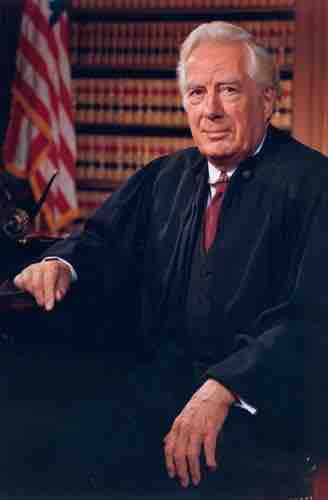Though the current debate over affirmative actionin the United States generally refers to affirmative action programs in admissions to institutions of higher education, the term originally developed in regard to actions to proactively hire candidates from minority backgrounds. Examples of affirmative action programs offered by the US Department of Labor include outreach campaigns, targeted recruitment, employee and management development, and employee support programs. In broad terms, affirmative action programs in employment refer to the preferential treatment of minority employees in the hiring or management process.
The first Supreme Court cases adjudicating affirmative action dealt with affirmative action in cases of employment. The first court case in the United States over affirmative action was Griggs v. Duke Power Co., 401 U.S. 424, in 1971. In the 1950s, Duke Power's Dan River plan had a policy that African-Americans were allowed to work only in its Labor Department, which constituted the lowest-paying positions in the company. In 1955, a time when even public education served as a barrier between whites and African Americans, the company added the requirement of a high school diploma for its higher jobs. After the passage of the Civil Rights Act in 1964, the company removed the racial restriction, but retained the high school diploma requirement, and added the requirement of an IQ test, with the racist belief that African Americans would score lower than whites on an IQ test. African Americans were far less likely to be hired than white candidates. It was found that white people who had been working at the firm for some time but met neither of the new requirements performed their jobs as well as those that did meet the requirements.
The court ruled that Duke Power's employment requirements did not pertain to applicants' abilities to perform the job and so was discriminating against African-American employees, even if Duke Power hadn't intended for the policy to have that effect . The Supreme Court ruled that under Title VII of the Civil Rights Act, if the IQ and diploma tests disparately impacted ethnic minority groups, businesses must demonstrate that such tests are "reasonably related" to the job for which the test is required. Duke Power's requirements did not pass this legal standard, and thus the case was decided against Duke Power.

Chief Justice Burger
Chief Justice Warren E. Burger authored the opinion of the court in Briggs v. Duke Power Co. in 1971.